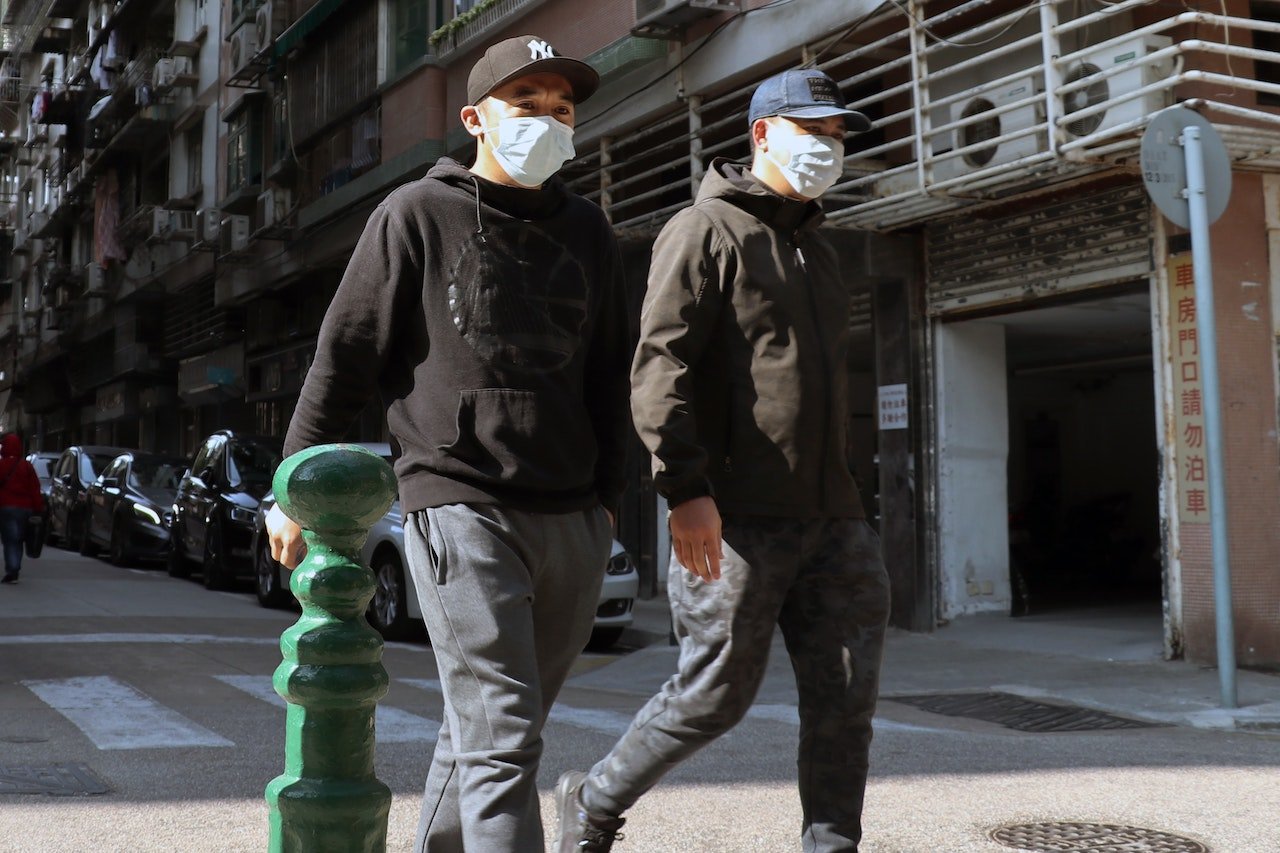With most of the world in varying degrees of lockdown due to COVID-19, we are facing very uncertain times. There is a sense of worry among the majority of the population, particularly in areas where contact and exposure to others are unavoidable.
For some, this may be their place of work, but for many, this is a reality they face at home. People who live in apartment buildings often have no choice but to come in contact with others, whether it’s breathing the air of communal corridors or touching a surface like a door handle or elevator button.
In a time of such fevered panic, one dilemma facing landlords is whether to disclose coronavirus cases to tenants. Is the ethical approach to be completely open about confirmed cases, or does this unnecessarily spread fear?
The Current Situation
Property managers and landlords are working hard to ensure the safety of their tenants. Efforts are being made to sanitize well-trafficked areas and living spaces where possible. Social distancing measures are being adhered to by the majority of people, and most property managers are keeping open communication links to support their tenants.
Unfortunately, the virus is still present in society, and some cases are unavoidable. When a confirmed case is brought to the attention of a property manager, further efforts are being made to sanitize any area that could potentially carry infection.
The current debate many are now facing is whether or not landlords and property managers should inform their tenants about confirmed cases.
What Does the Law Say?
The law does not state that a property manager or landlord must report a confirmed COVID-19 case to tenants. However, if they wish to, according to the Americans with Disabilities act, they are prohibited from revealing the identity of an infected individual. Disclosing such sensitive information could be seen as discriminatory.
The most followed practice at present is to notify tenants that there has been a confirmed COVID case while withholding the person’s identity.
As a COVID patient has a right to privacy, should a tenant have the right to know if they are at risk of infection? This point is magnified when you consider elderly tenants or those who are immunocompromised.
The Argument for Keeping Quiet
With proper sanitation and preventative measures in place, is there a need to cause further panic by disclosing information about confirmed cases? Especially in areas with a high number of cases and deaths, some worry that disclosing each new confirmed case could cause unnecessary fear.
Some landlords and property managers want to inform tenants that confirmed cases will not be disclosed but encourage everyone to behave as though there is an active case in the area.
The aim is to reduce the level of fear while taking strong precautions and maintaining a high level of sanitation.
The Choice Is Yours
There are two sides to this argument, where neither option is ideal. While certain tenants might prefer to know about confirmed cases, others are happy to take precautions without knowing the full extent of the situation.
In any case, the most important thing is that property managers and landlords offer clear and concise information to their tenants. Complete disclosure of confirmed cases is not necessary, but complete disclosure of the precautions, procedures, and measures is.



